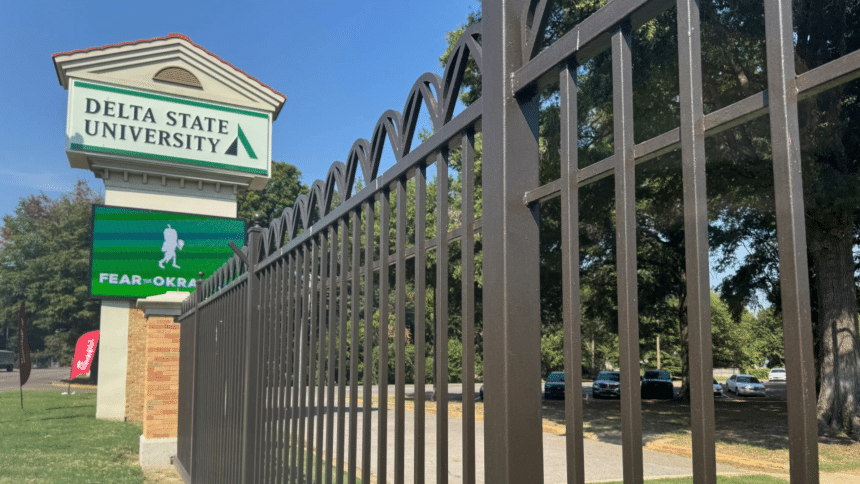Ben Crump, a civil rights attorney representing the family of Demartravion “Trey” Reed, announced former NFL player Colin Kaepernick’s “Know Your Rights Camp Autopsy Initiative” will be paying for an independent autopsy after the student was found dead on the campus of Delta State University.
The body of Reed, 21, was discovered hanging from a tree on central campus near the pickleball courts on the morning of Sept. 15, sparking speculation in a state with a history of racist violence. While investigators quickly informed the public there was no foul play suspected – with a state-conducted autopsy released Friday showing Reed died by suicide – Crump’s announcement on Friday noted Reed’s family has received “conflicting accounts and incomplete information about the circumstances of his death.”
Crump and Vanessa Jones, another attorney representing the Reeds, have said since the day after the student’s death the family will order a second look at the body. With the help of Kaepernick’s initiative providing free-of-charge autopsies in “suspicious death” cases, the independent autopsy process will be expedited.
“Trey’s death evoked the collective memory of a community that has suffered a historic wound over many, many years and many, many deaths,” Crump said in the announcement. “Peace will come only by getting the truth. We thank Colin Kaepernick for supporting this grieving family and the cause of justice and truth.”

The announcement added that Reed’s family will be seeking the autopsy as soon as his body is released by the state medical examiner. It was unclear as of Monday whether the body had been released yet.
All investigative materials from local and state law enforcement have been turned over to the FBI and U.S. Attorney’s Office following a call to do so from U.S. Rep. Bennie Thompson.
Kaepernick played in the NFL for six seasons, helping the San Francisco 49ers to a Super Bowl appearance in 2013. His decision during the 2016 season to kneel during the national anthem to protest social injustice and police brutality sparked national debate, and by the following offseason, he was no longer on a team. Since his playing days, which he’s continued to train for a potential return to professional football, Kaepernick has continued work as a social justice activist.








